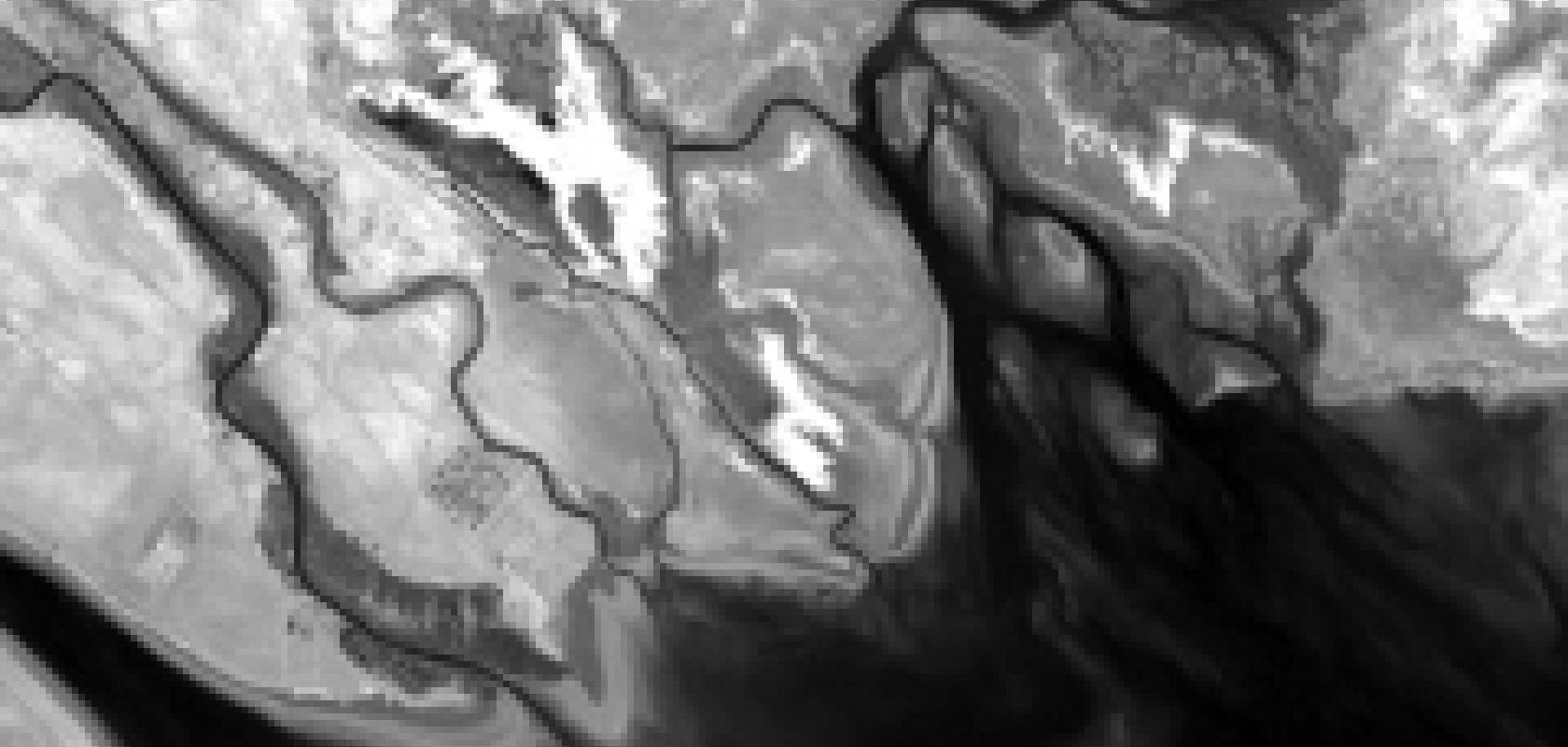In an effort aimed at building technical capacity, resource sustainability, and regional stability, a team of scientists from Sandia National Laboratories, a US security organisation, spent the past year working with engineers and modellers from Iraq to build a computer model of the country's surface water and related systems.
The model, aimed at assisting a longer-term national water and land planning effort by the Iraqi government, includes transboundary flows from Turkey, Syria, and Iran.
'The Iraqis recognise very clearly that the long-term stability and security of their country depends on the availability of freshwater for agriculture and for municipal and industrial uses,' said Sandia researcher Howard Passell. 'We are grateful to have the opportunity to help.'
The model was built in a commercially available system dynamics (SD) modelling platform called Studio Expert, produced by Powersim. It features short run times, user-friendly interfaces, and real-time graphical output. The Sandia Geohydrology Department staff have used the SD platform for years in collaborative, multistakeholder settings as a way of helping collaborators understand the complexities of their resource systems, identify data and information gaps, and evaluate competing resource management strategies — often in group settings, Passell said.
One of the critical drivers in the model is the flow of water from the headwaters of the Euphrates and Tigris rivers in Turkey to Iraq. The transboundary nature of the water resource adds a critical wrinkle in Iraqi efforts at water management.
'Surface water in Iraq is affected by infrastructure development and water operations in upstream countries,' said Marissa Reno, who built the transboundary module in the model. 'Historically, Turkey and Syria were not major water users, but now both countries have developed the capacity to store and use more, and that is a major concern to Iraq.'
The project, funded by the US Department of State's Iraq Transition Assistance Office, culminated in early June with a meeting in Istanbul of all the project participants. New funding for phase two of the project is expected this month.


